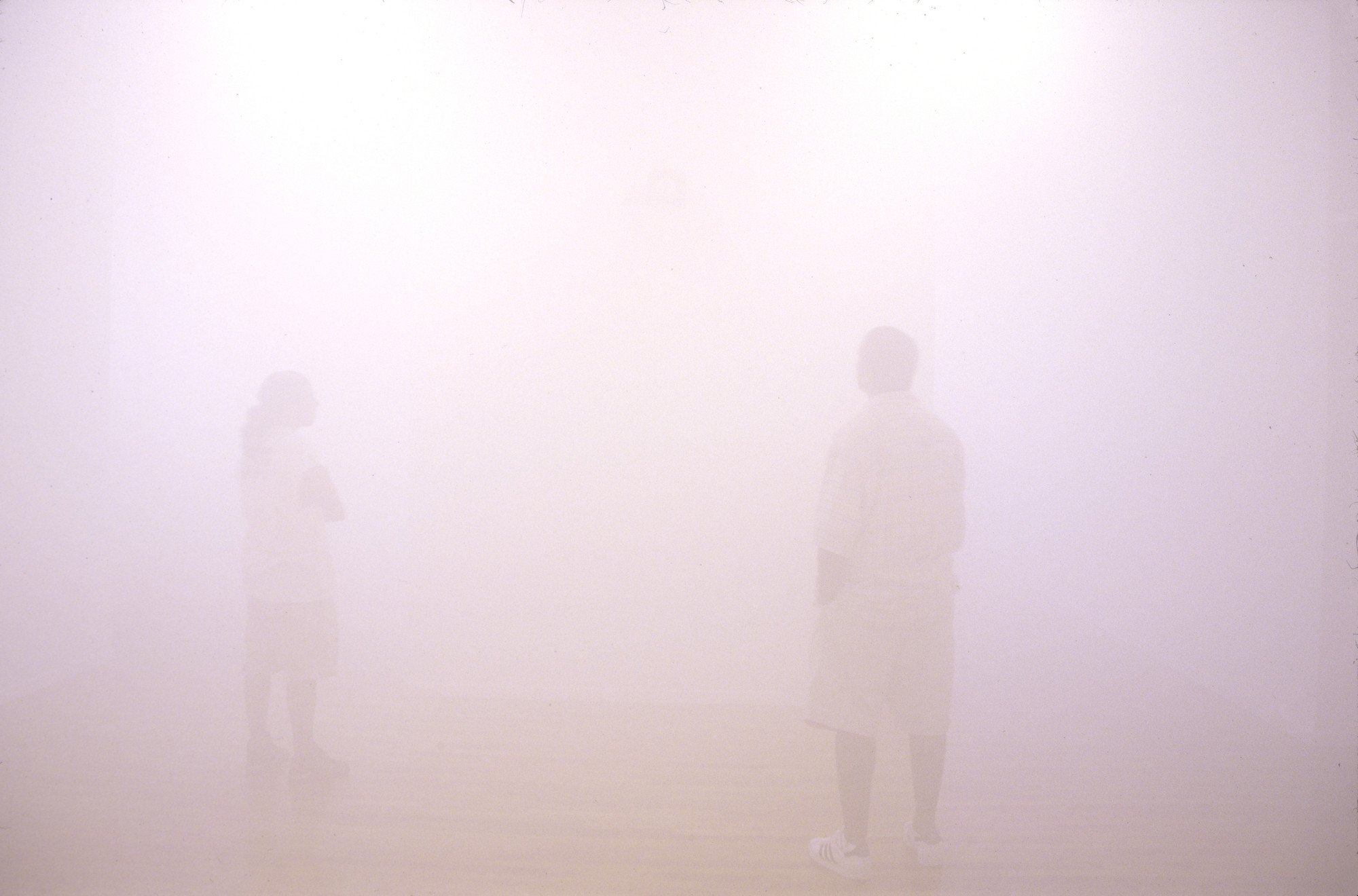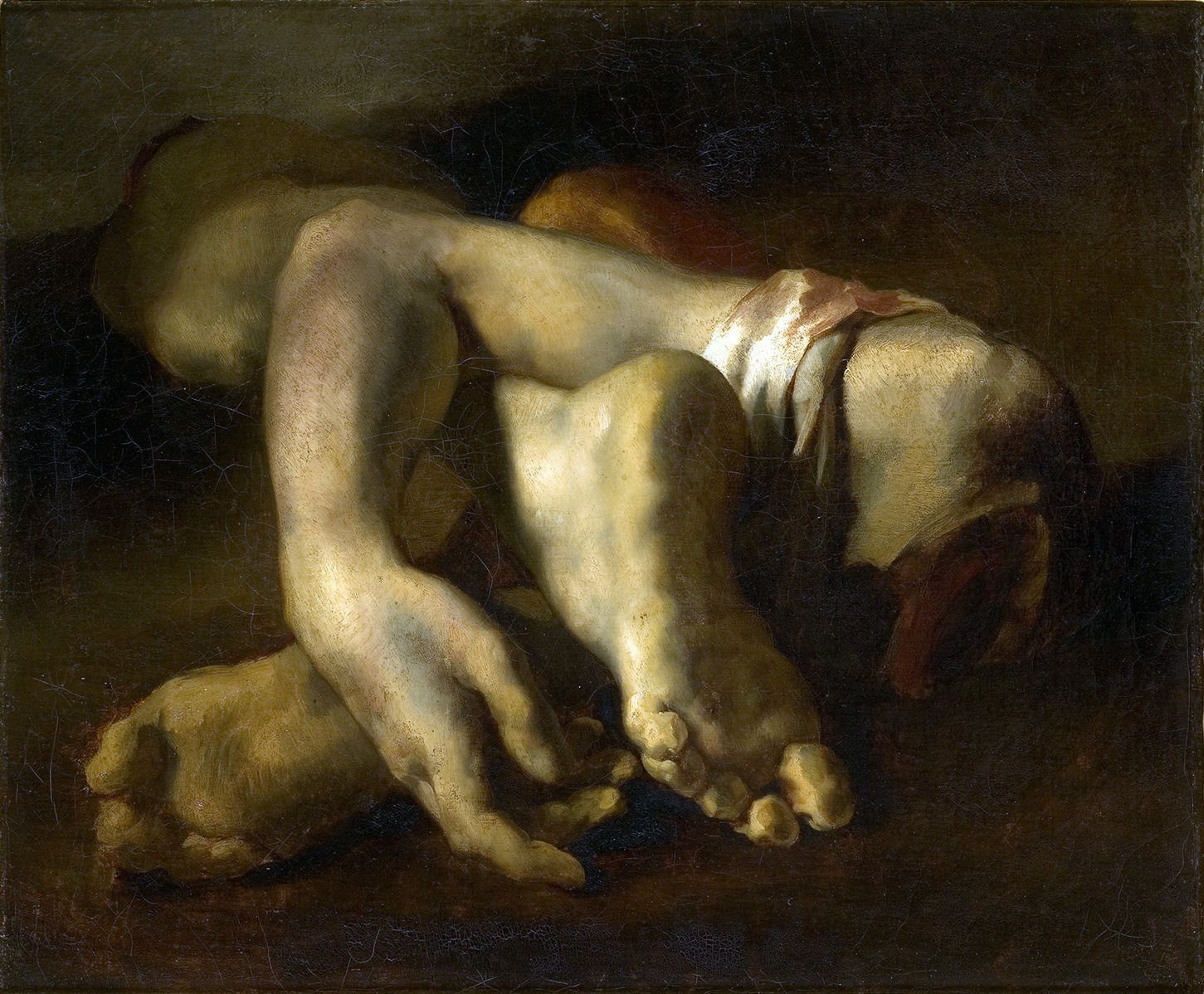breaking down the corpse in art
+
all manner of the macabre.
d_composition is an art historical take on the body hereafter. Formed in the petri-dish of visual culture and death, it’s aimed at those who rubberneck for anything morbidly curious.
Amongst these hoardings, you’ll find hot takes on art with a dark sensibility,
from ages ago til now and my latest fixations and goth adjacent media.

moth to a flame
Gabriel von Max’s Der Anatom incorporates vanitas imagery and the symbol of the moth, forming a salon painting typical of the era, and indicative of a larger (and truly icky) predilection among artists to depict the corpse of a beautiful woman.

murder most foul
The mythos behind a murder most foul: the assassination of Duke of Buckingham and the commemorative patronage of Katherine Villiers.

vaporisation
Mexican multi-media and conceptual artist Teresa Margolles employs a coercive method of immersion that prevents the viewer from avoiding death.

still
Jenny Saville attends to the flesh in thick lashings of oil paint. She relishes in the perception of the human body, mainly painting monumental self-portraits, nudes, fleshy women who counter the male gaze. Still is one of few images to render post-mortem flesh in her oeuvre.

raft of the medusa
When Théodore Géricault’s painted The Raft of the Medusa (1818-9) he really committed 100%. He interviewed survivors, made a full-scale replica of the raft and – wait for it – borrowed body parts from the Hospital Beaujnon to create studies of decomposition.

hand of a hanged man
The hand of glory is not only one of the weirdest things I’ve happened upon, but it’s wildly complex to make and has the most weirdly specific payoff. Fortunately, courtesy of the Peti Albert, an 18th-century grimoire of folk magic, I’ve got the down low on the how-to.
